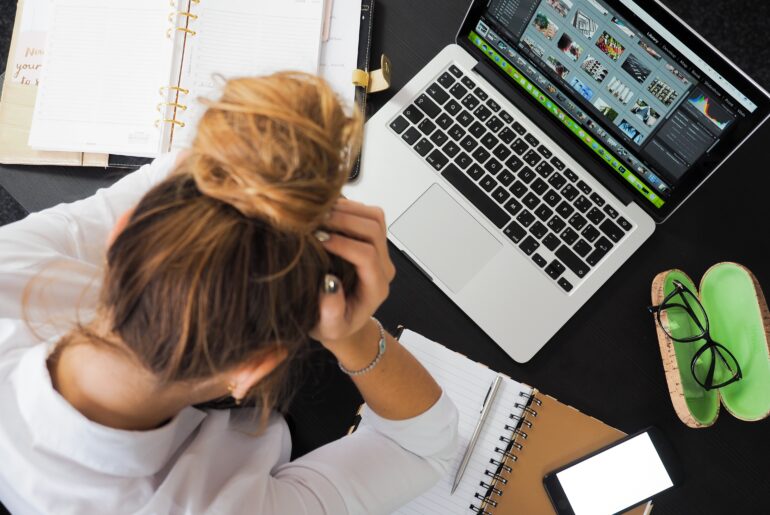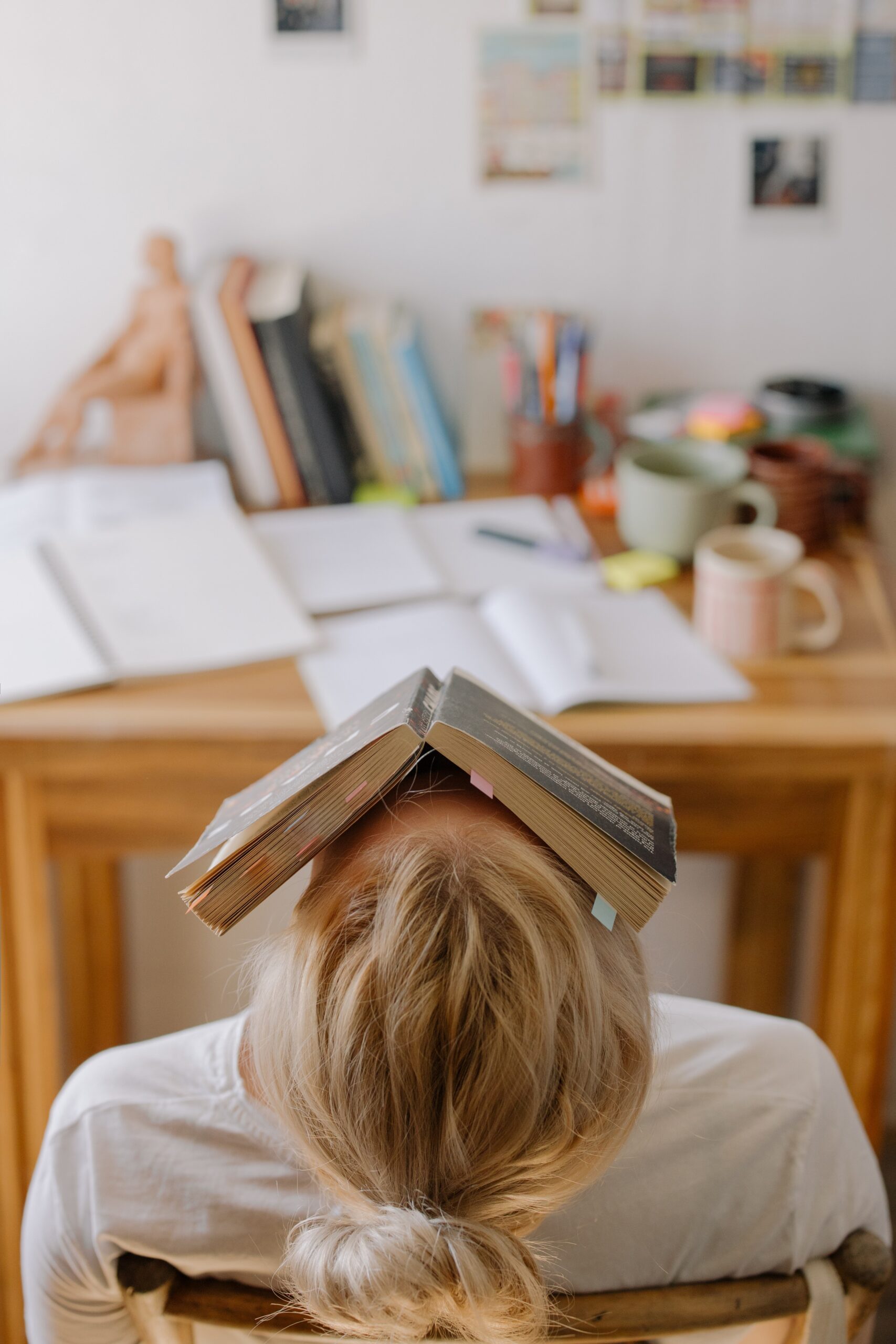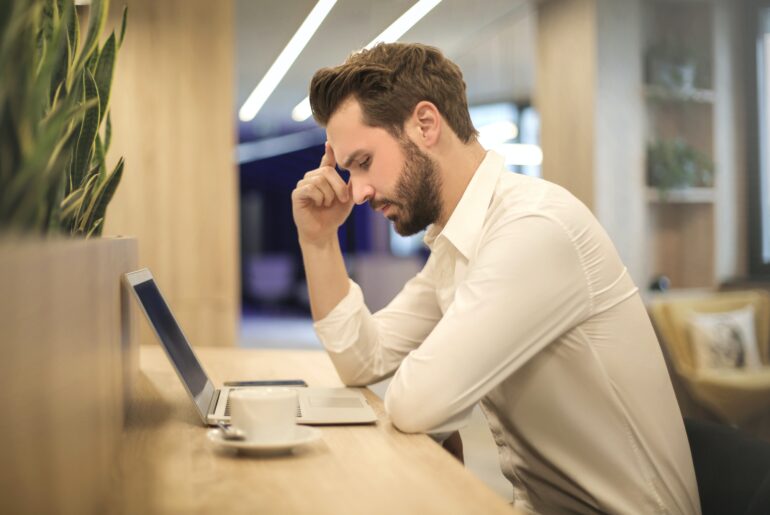Regardless of the endless hours we put into working, we are becoming increasingly dissatisfied with the extent of our achievements. Days off cause anxiety as relaxation means that our endless to-do lists remain unticked. Productivity anxiety is increasing and refusing yourself permission to unwind can be detrimental to your mental health.
Productivity anxiety is characterised by an overwhelming feeling of shame when doing something that is considered to be ‘unproductive’. Indulging in the art of doing nothing is often accompanied by so much guilt that we choose to continue working, despite feeling burnt out.
This mentality is closely linked with the world we live in, which demands that we be constantly producing, tying our sense of self-worth with our productivity.
From an early age, capitalist culture is deeply embedded into us. As children we are asked what we would like to be when we grow up, a question that never refers to feelings of happiness, contentment, or fulfilment, but rather, to a career, a job – labour.
The pressure to be productive becomes ingrained into our daily lives, enforcing a relentless pursuit of capitalist success. We strive for high grades, internships and university degrees – why? So that we can reach a career that satisfies the incessant demands to be profitable.

It seems simple – consistent productivity = consistent gain, but this capitalist mentality fails to acknowledge the human behind the output. Human beings are not machines, we cannot function for all hours of the day and night; we need time to rest and re-energise.
According to a 2014 study conducted by Beyond Blue about the State of Workplace Mental Health in Australia, 91% of employees believe that mental health within the workplace is imperative. Despite this, only a fraction of those employees, 52%, believe that their work environment is mentally healthy.
 We see strong links between work and mental health and in particular, anxiety surrounding rest and an incapacity to be consistently productive.
We see strong links between work and mental health and in particular, anxiety surrounding rest and an incapacity to be consistently productive.
When we break it down, over a quarter of all Australians will experience anxiety within their lifetime. An even closer look at the research conducted by Beyond Blue in 2014, reveals that 26.3% of Australian people between the ages of 16 and 85 have anxiety, equivalent to 4.96 million Australians.
Our self-worth and sense of value becomes interwoven with our productivity, so when we take time away from work, anxiety becomes a common experience.
Human beings are not machines, we cannot function for all hours of the day and night; we need time to rest and re-energise.
We are met with a ceaseless need to be doing, producing, creating, earning. Hard work is often met with dissatisfaction, we feel like we are never doing enough, and there is seemingly always something else that can be done to propel our personal capital.
This productive onslaught has detrimental impacts on mental health and ironically, negatively influences a person’s ability to generate as they become burnt out and unable to work.

We need to see a shift in mentality, replacing relaxation guilt with an understanding that rest itself is productive.
By taking some time away from the desk, the constant pinging of emails and that ever-growing to-do list, we allow ourselves time to recharge so that when we do return to work, we have better concentration, motivation and overall satisfaction.
We have glamourised productivity, labelling it as a ‘hustle’ and ‘grind’, and implementing phrases such as ‘let’s get this bread’ and ‘rise and grind’ to soften and add humour to the relentless pressure to work.
We are met with a ceaseless need to be doing, producing, creating, earning.
![]()
![]()

This reflects greatly on our society, which values the generation of capital above the mental wellbeing of individuals.
Despite being an internal experience, productivity anxiety is an outcome of narratives surrounding work, and rather than being confined to the individual, is in fact bound to our socio-political environment.
Our capitalist society shapes the way we perceive working, transforming unhealthy productivity into a personal strength that adorns resumes and cover letters.
With our sense of individuality so intricately entwined with our labour and ability to produce, our personal values, goals and principles become lost, with productivity placed at the forefront of our self-worth.![]()
We need to see a shift in mentality, replacing relaxation guilt with an understanding that rest itself is productive.
This interweaving of self-identity and work output has provoked our acceptance of the idea that the more productive we are, the happier we will be.
When we push past this capitalist mindset and delve into the reality of work, we see that this only leads to exhaustion, and there is a prolific need for a healthy work-life balance to maintain our mental health.
It is inescapable that rest is the key to overcome our indoctrination of productivity. It is essential to all aspects of our physical and mental wellbeing.
We are more than the economic value we generate, so taking time to indulge in pleasures beyond the workplace is the perfect antidote to a lifetime of pressure to be productive.![]()
![]()
![]()
![]()







